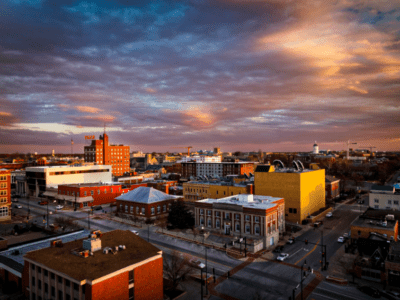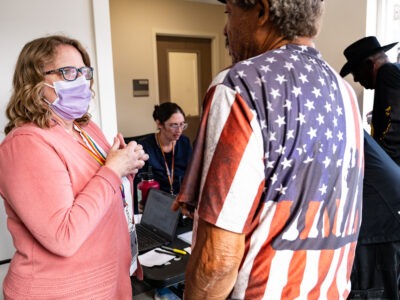The 2025 Built for Zero Learning Session opened with gratitude and energy, welcoming more than 600 community members and partners across 30 U.S. states who are united in the mission to make homelessness rare, brief, and nonrecurring.
1. Turning truth and hope into housing
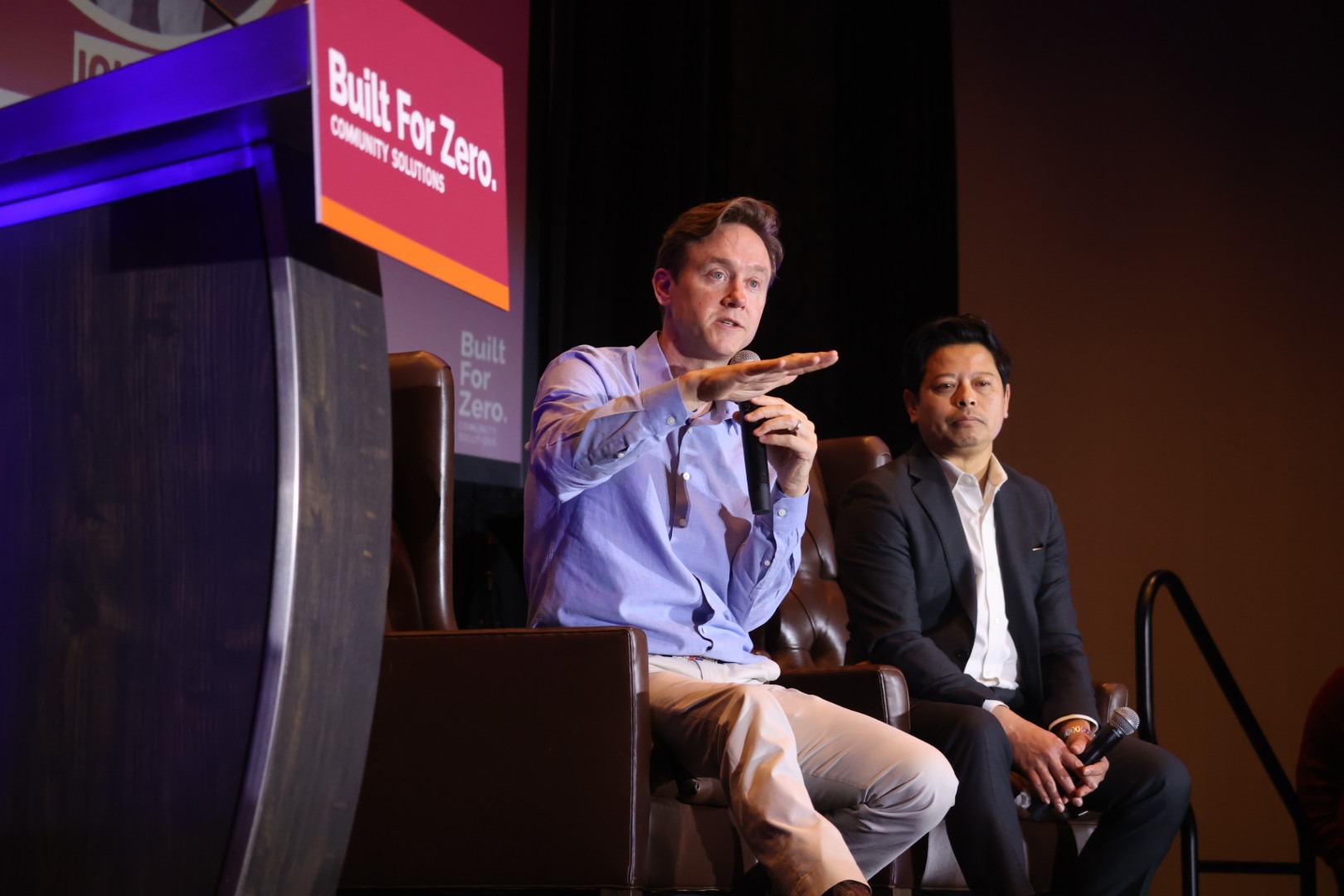
In a candid fireside chat, Denver Mayor Mike Johnston and John Vu, Vice President of Strategy at Kaiser Permanente, explored what it takes to lead change with courage and data.
Johnston shared how Denver reduced unsheltered homelessness by 45% in just one year, bringing 7,000 people indoors and 6,000 into permanent homes. Rather than displacing encampments, the city offered every resident a private, dignified room paired with on-site mental health, addiction, and employment support. He also highlighted a new layer of accountability: performance contracts that pay partner organizations based on outcomes, from treatment engagement to permanent housing placements.
He spoke openly about the challenges and lessons learned along the way, emphasizing that progress depends on persistence and a willingness to adapt. “We believe all our problems are solvable,” he said. “We don’t turn on each other, we turn to each other.”
2. Moving people home, faster
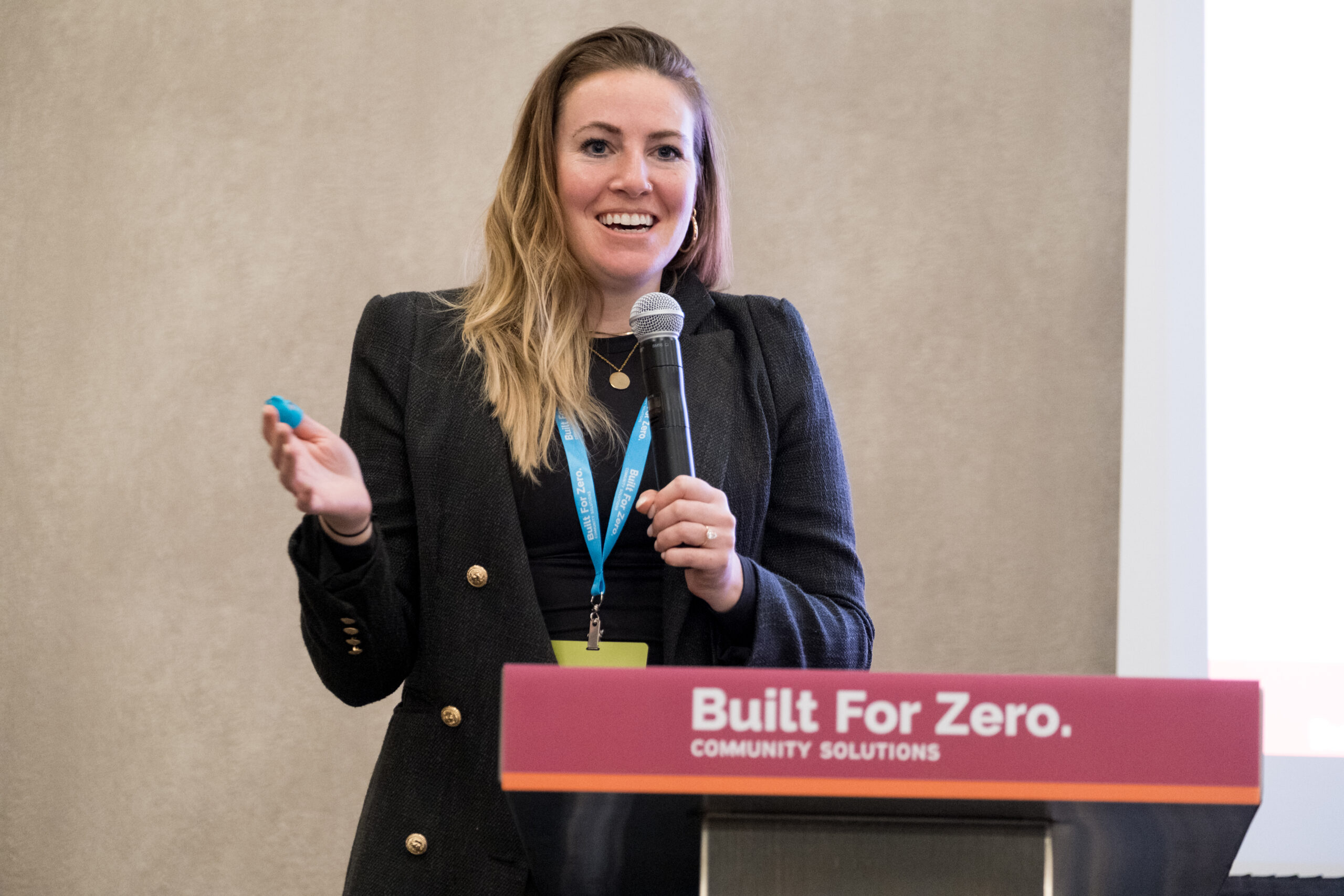
This session explored how Atlanta successfully implemented a direct-to-housing approach, a rapid, data-driven approach that moves people from encampments straight into homes and helps them stay there.
Annie Hyrila of Partners for HOME shared how Atlanta’s Downtown Rising initiative has already housed more than 200 people and reduced the average move-in time to just 34 days. The model combines tight coordination, thrice-weekly leadership meetings, and performance-based partnerships backed by flexible funding and strong civic support.
Her message to peers was simple: start small, move fast, and sustain progress with both compassion and accountability.
“It’s not enough to house people quickly,” Hyrila said. “You also have to show visible progress, and sustain it.”
3. Breaking down silos to house veterans faster
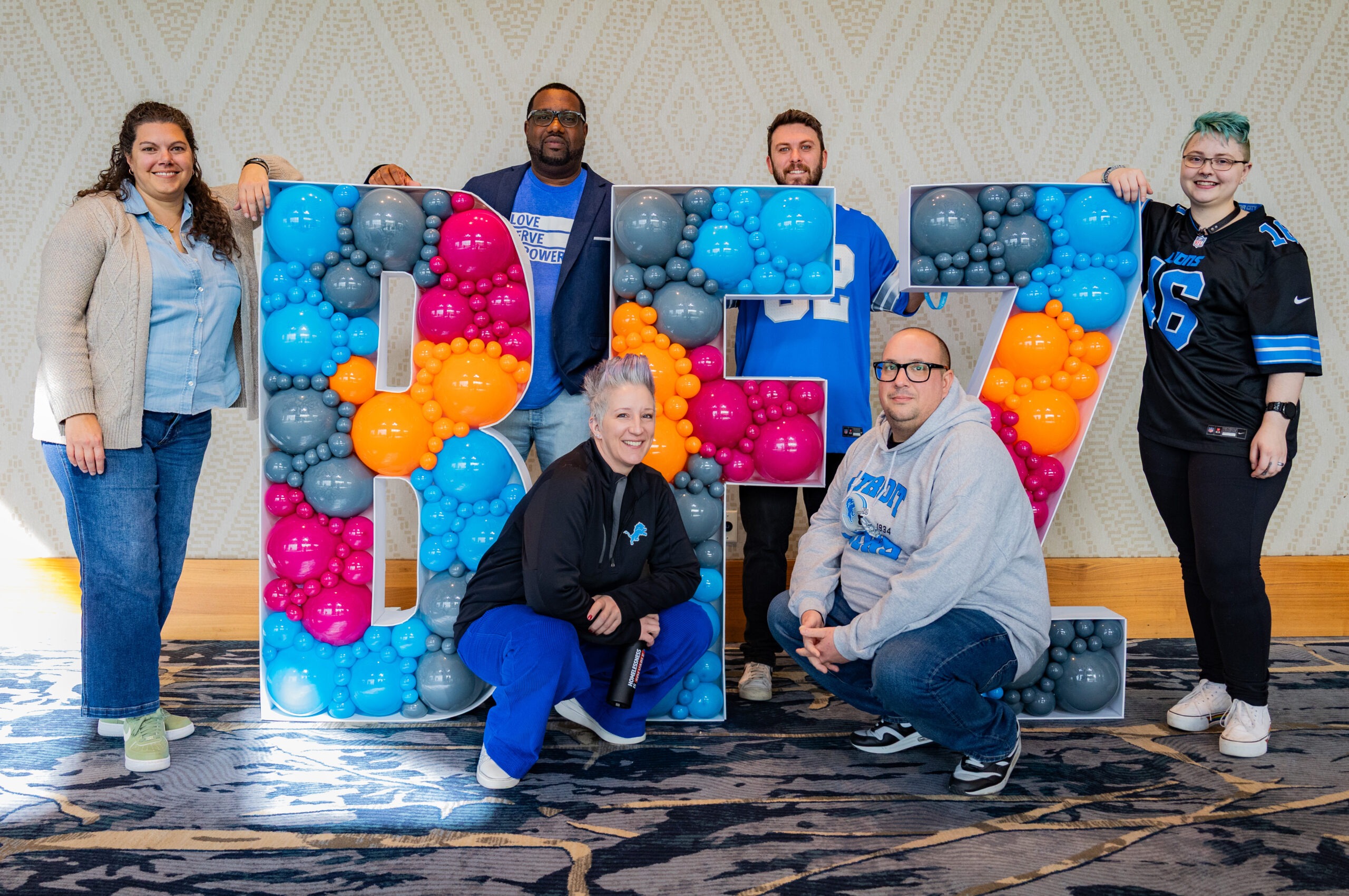
Detroit’s “Home in 75” initiative showed what’s possible when agencies unite around a shared goal. The team set out to cut the average time to house a veteran from 152 days to 75, and in their first month, housed 35 veterans, their best result in two years.
The surge model required breaking down silos, pre-securing 79 housing units, and holding daily case conferences to solve problems in real time. “When we sat down together, veterans said, ‘I didn’t realize all of you were trying to get me housed,’” said Clifton Phillips of Volunteers of America Michigan.
4. Leading with purpose through change
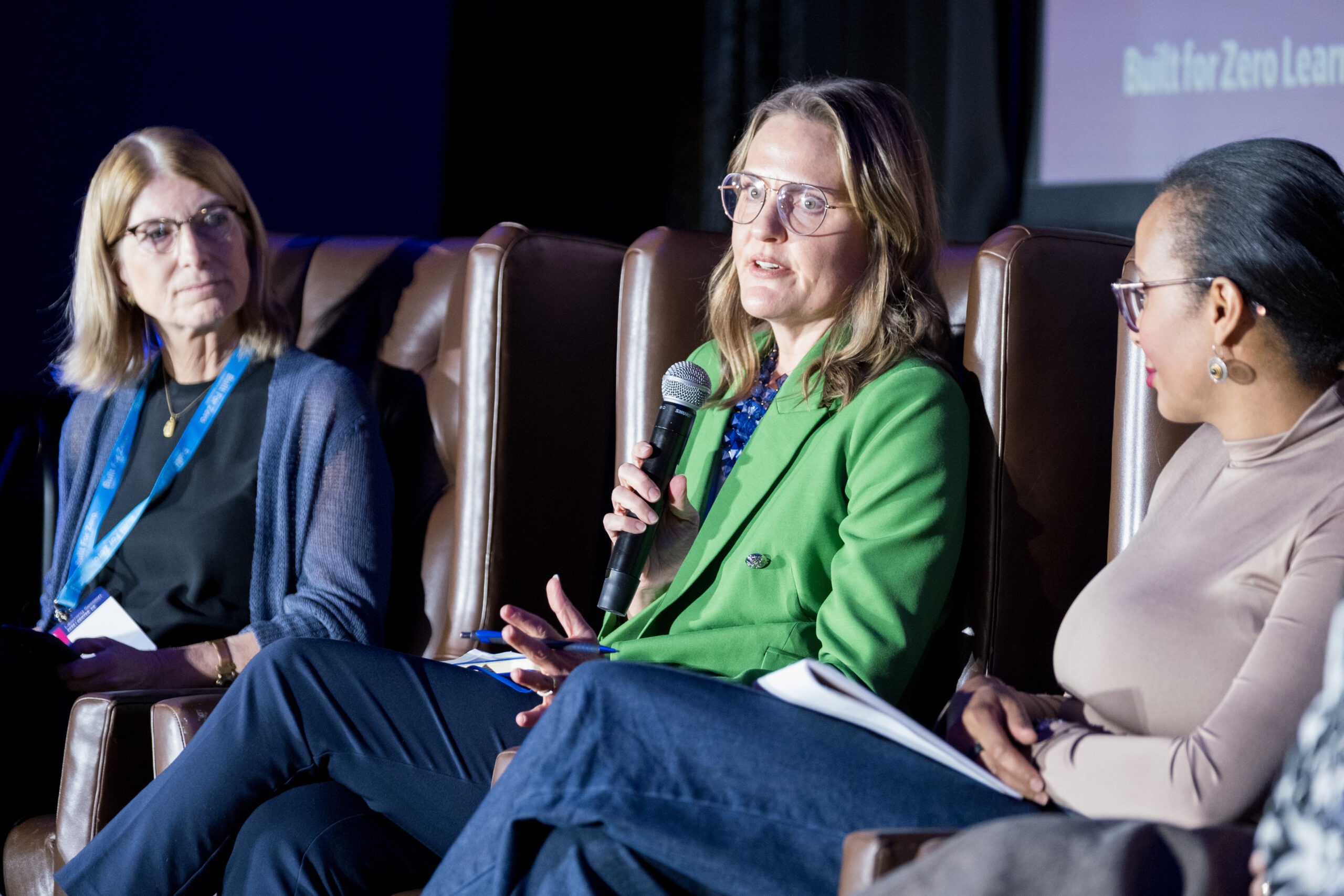
The Tipping Points & Resilient Leadership panel brought together leaders from across housing and social services to explore what it takes to sustain both people and progress through constant change.
Missy Mish, a clinical social worker with the VA, described the balance between being a “rock” and a “sponge,” encouraging peers to stay steady without absorbing everyone’s trauma. Lisa Daugaard, Co-Executive Director of Purpose Dignity Action, shared four practices that keep her team grounded: staying connected to their purpose, focusing only on what they can control, functioning as a true team, and remembering to have fun.
All panelists emphasized the need to slow down and refocus on the “north star,” making homelessness rare and brief, even amid crisis.
“We need to focus on what we have in common,” added Jamie Rife, Denver’s Chief Housing Officer. “We don’t want to see people experiencing homelessness. That’s where we start.”
5. Joy is a strategy
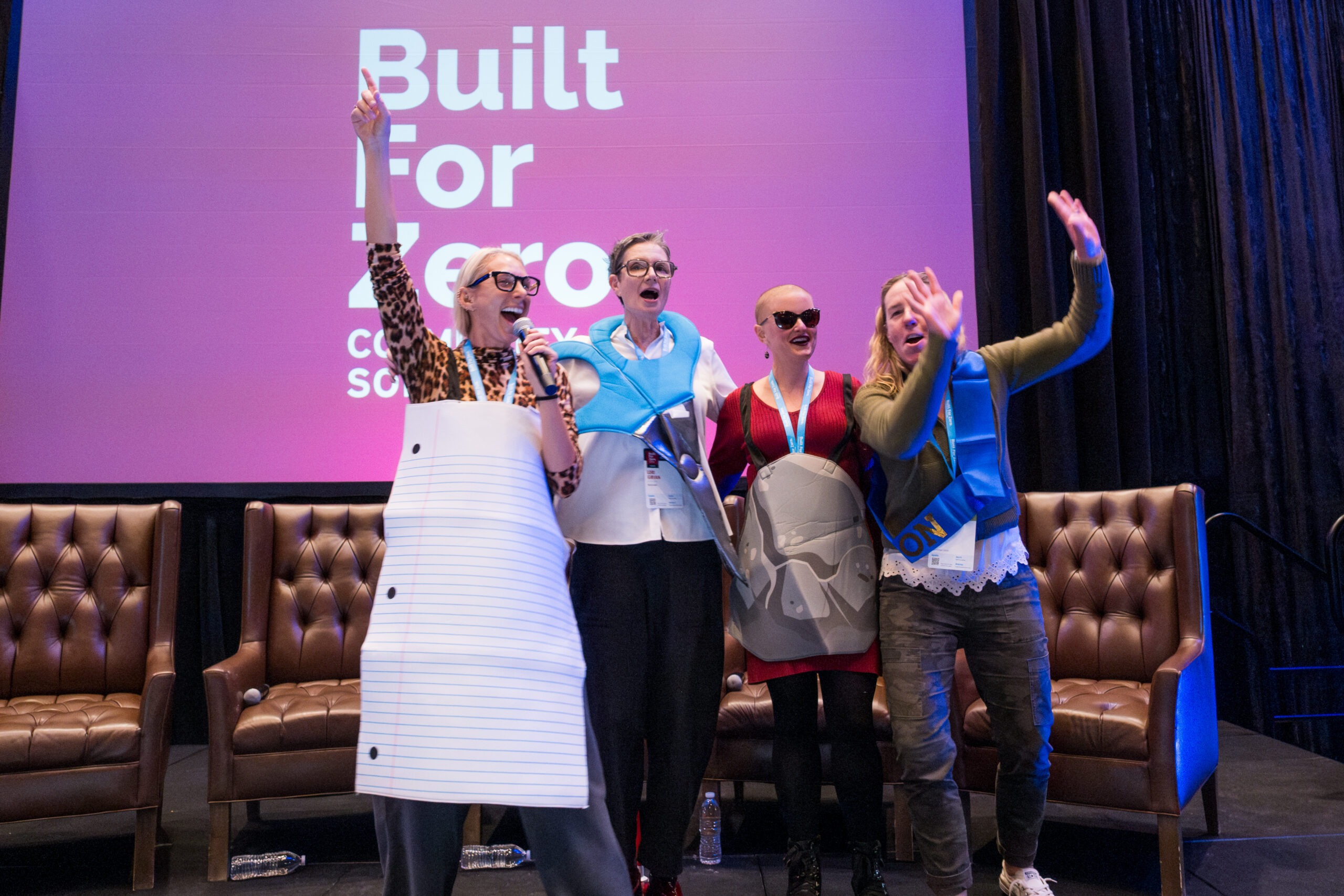
From cookie decorating to lip sync battles to an epic life-size rock-paper-scissors showdown, teams brought serious energy and joy to the Learning Session. These moments of play weren’t just for laughs; they reflected the spirit of Built for Zero communities everywhere: connection, creativity, and collective resilience. Because making homelessness rare and brief takes hard work and a little bit of fun along the way.

